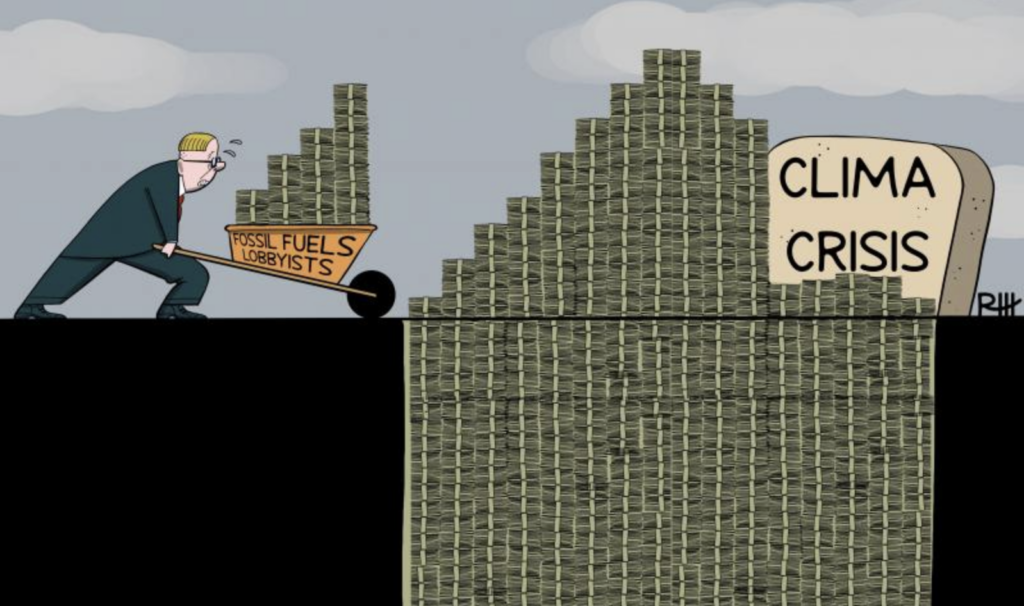The cost of electricity produced from solar panels could drop almost 60 percent by 2025 according to a report released today by IRENA, an intergovernmental organisation that supports countries’ transition to sustainable energy.
The cost of wind power generation could fall 35 percent for offshore wind, and 26 percent for onshore installations. Meanwhile, concentrated solar power – an emerging technology that uses mirrors to turn water into steam to drive generators – is set to fall some 43 percent in price.
But in order to fully realise these lower costs for power generation, the study says policymakers must start implementing new regulatory frameworks to account for the varying factors driving down price.
The study expects that falling costs of renewable systems, new technology, cheaper operations and maintenance, and better quality project management will increasingly play a part in reducing the price of renewable electricity. Countries must therefore shift to adopting policies that can reduce costs in these areas.
IRENA director-general Adnan Amin said: “We have already seen dramatic cost decreases in solar and wind in recent years and this report shows that prices will continue to drop, thanks to different technology and market drivers.”
“To continue driving the energy transition, we must now shift policy focus to support areas that will result in even greater cost declines and thus maximise the tremendous economic opportunity at hand.”
Since 2009, prices for solar PV modules have decreased around 80 percent while wind turbine prices dropped between 30 and 40 percent. IRENA estimates that every time the number of renewables installed doubles, the cost of solar PV modules drops 20 percent and wind farm electricity drops 12 percent in price due, in part, to technological improvements.
Renewable power generation technologies have accounted for half or more of total new power generation capacity added globally every year since 2011. Last year saw a record 148 GW of renewable power added. And in many parts of the world, renewables are already cost competitive with fossil fuel alternatives.
According to the report, onshore wind, which is already competitive in cost with fossil fuels, would see costs reduced further if better practices by developers and regulators are adopted. These include streamlined project approval procedures and nationally agreed evaluation criteria for local consultation.
The price of offshore wind is set to fall 35 percent with lower installation costs from larger turbines, increased on-land pre-assembly, and more rapid foundation installation.
The UK has the world’s largest installed offshore wind power capacity and it is expected to retain this lead until 2020. Indeed, the Offshore Wind Industry Council found the UK could provide more than a third of its electricity demand from offshore wind by 2030.
Photo: Green MPs via Flickr
Subscribe to our newsletter
Stay up to date with DeSmog news and alerts







